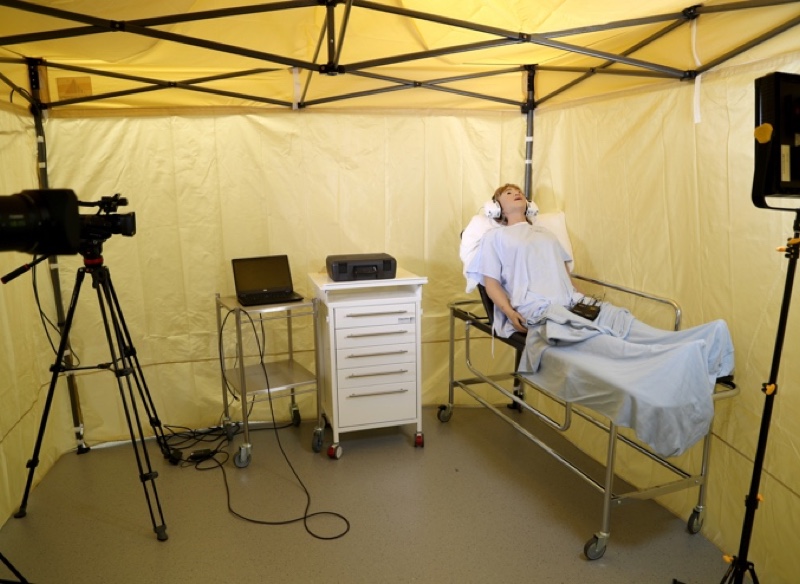Our investigations have focussed on molecular changes in the brain arising from tinnitus. We have now demonstrated in two very different animal models of tinnitus (noise-induced and high dose aspirin-induced tinnitus) a loss of an inhibitory serotonin receptor in the cochlear nucleus of the brain. We have been able to label the neurones in the cochlear nucleus that express this inhibitory receptor and we would now like to identify the nature of these neurones and identify a druggable target on these neurones that we can use to inhibit the activity of these neurones – our hypothesis is that drug action to restore inhibition of these neurones will mimic the lost inhibitory receptor and hence reduce tinnitus.

